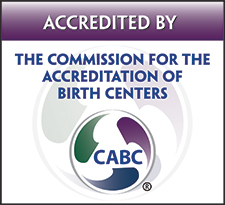“Milk!” The minute my son hears my key in the door in the evening he sprints to the baby gate, signing, and verbally demanding to nurse. My shoes aren’t even off, and he’s pulling my top down in a milk-driven frenzy after a long day of separation. Snuggling my big boy on the couch, it seems impossible that he was ever a seven pound infant, but we’re two-plus years in, and still going strong breastfeeding.
This past year the American Academy of Pediatrics changed its recommendation from breast/chestfeeding for the first year of a baby’s life to extend to two years and beyond. This is due to the fact that breastf/chestfeeding is beneficial both to babies and their nursing parent past twelve months. Breast/chestfeeding protects against osteoporosis, and reduces the risk of certain types of cancer, as well as Type 2 diabetes in lactating parents. Breastmilk provides babies and toddlers with valuable nutrients, and helps protect against childhood illnesses. Continuing breast/chestfeeding also allows nursing couplets to continue to enjoy the bonding and comfort that can accompany the process, which can be especially enjoyable as toddlers are often on the go and have less time for cuddles than when they were immobile infants.
While there are many benefits to breast/chestfeeding, it is important to note that it does not occur in a vacuum, and there are many barriers that make it difficult for families to meet the AAP’s recommended timeline. Lack of support and paid time off for new parents can be insurmountable barriers, and can result in parents feeling like failures for not following guidelines that do not account for real-life challenges. While there are many benefits to breast/chestfeeding, and it is important to continue to fight for a better, more supportive society for babies and parents, it is also important to do what is best for you, and your family, whether that is nursing for a day, a year, four years, or not at all. There is no one-size-fits-all for how to best feed your baby.
Caroline Altreuter is a registered nurse and certified lactation consultant at The Coit House. You may meet her during your prenatal and postpartum care or for the birth of your baby.


